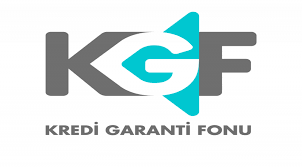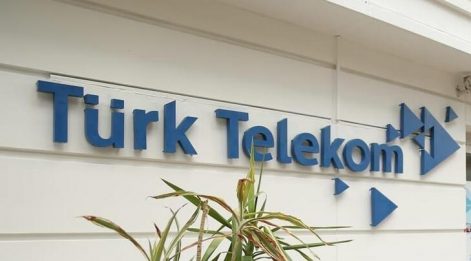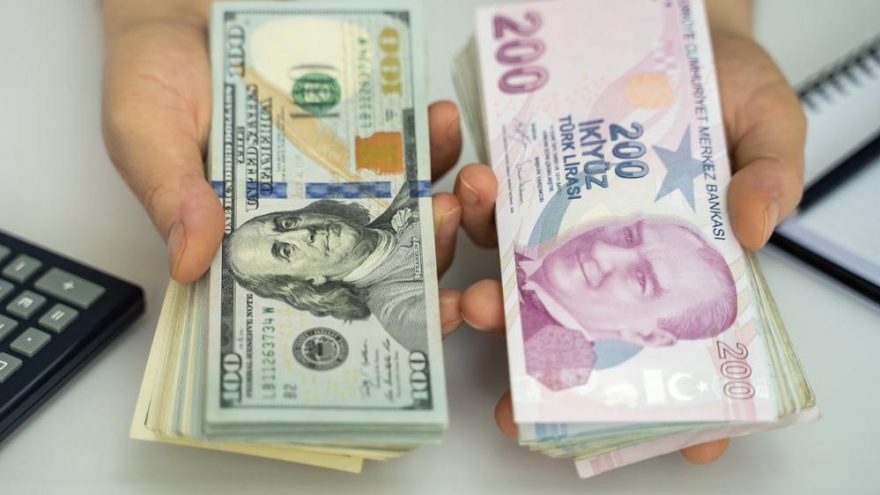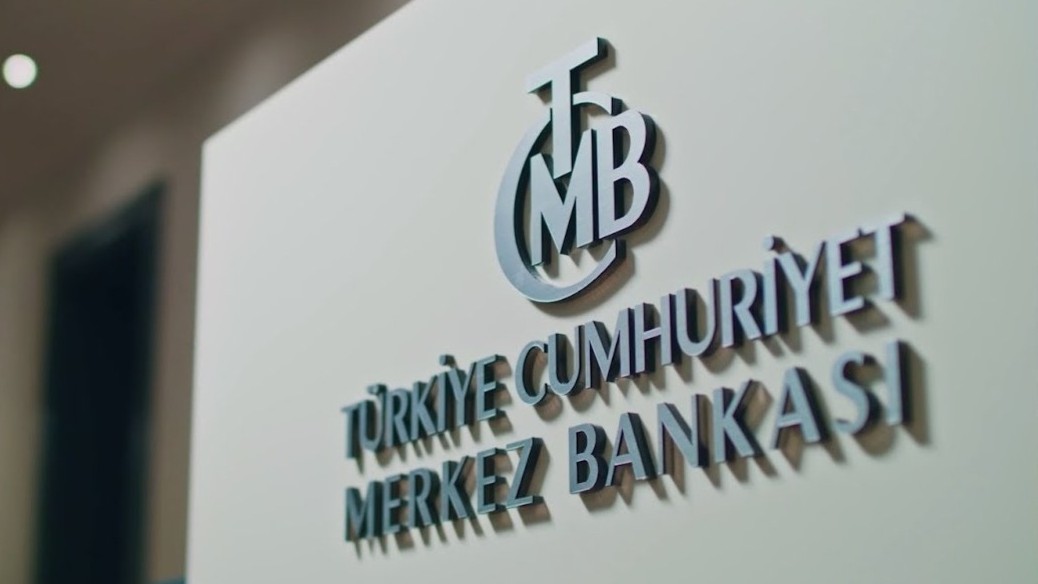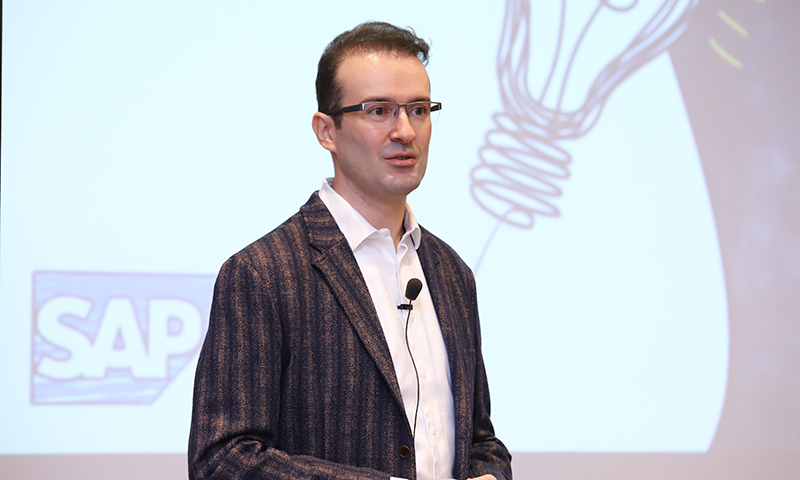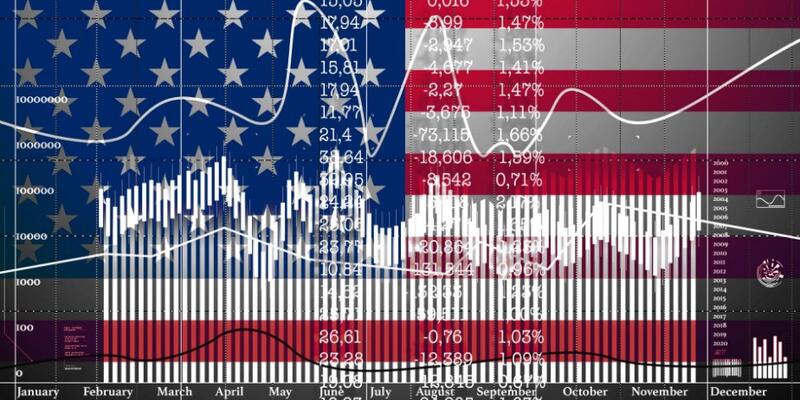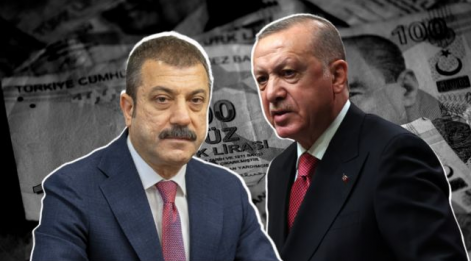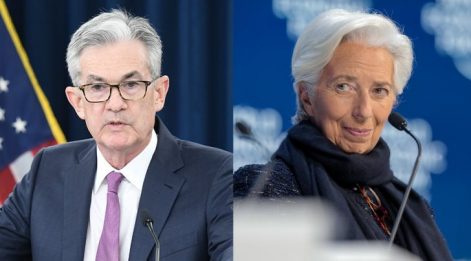You can run, but you can’t hide: The short story of the biggest private financial debacle in Turkey’s history
Oger Telekom, which the Lebanon’s Hariri family and Saudi Telekom own in partnership, had bought a 55% stake in Turkey’s national telco operator (TTKOM) for $6.5bn through the privatization of the Turkish state’s shares in 2005. According to the offical disclosures, Oger Telecom paid an upfront amount of $1.31bn on Nov 14, 2005 where the remaining balance was to be paid in 5 equal installments annually. After paying the first installment ($1.44bn) in Nov 2006, the company has decided to pay in full the outstanding balalnce ($4.3bn) to the Turkish government in March 2007 through an international syndication loan facility. Then we have not heard anything about Oger Telecom’s internal financial affairs until May 2013, when another refinancing scheme was announced which, according to the company disclosures, the company took out another “loan, comprising facilities of $4.478bn and €211.97m, in order to refinance and extend the tenor of some of the company’s debt — a $3.6bn portion of a 2007 loan and a $1.35bn deal from 2011 — as well as provide a dividend to shareholders”. This was reportedly the biggest syndication loan in Turkish banking sector’s history, totaling $4.75bn, in 2013 where there were 29 participants that included all of Turkey’s largest lenders, as well as a number of international banks. As per a recent Bloomberg article (here), Oger Telecom has failed the make the scheduled payment on this loan, amounting to $290mn, in September 2016 thereby asking for an extension from its creditors, where, aaccording to the Bloomberg article, Akbank has about $1.5bn in exposure to the loan, while Garanti Bankasi lent about $1 billion, accounting for 53% of the total debt raised for refinancing. That being said, on closer inspection, we see a few oddities which suggest that this whole thing goes beyond what could have been otherwise seen as an unfortunate corporate mishap that could happen to anybody. Since its privatization, TTKOM has distributed a total of $12.6bn in dividends (at prevailing exchange rates) between 2006-2016 of which $7bn was paid out to Oger Telecom. The cumulative net profit of TTKOM was about $14bn in 2005-2015, corresponding to an average payout ratio of 90%. Here is the interesting part: according to the company disclosures, TTKOM not only had no financial debt (literally), but a total cash of $2bn was sitting on its balance sheet as of the end of 2005. Fast forward to 3Q2016, the company had a net debt of $3.5bn translating into a net debt/equity ratio of 220%. Financial footnotes show that 80% of the company’s outstanding financial debt as of the end of 3Q16 is fx-denominated and floating, i.e. tied to changes in Libor/Eurbor. In plain English, it seems that Oger Telecom has paid itself more than what it had paid to acquire TTKOM shares ($6.5bn) through fast-track dividends payments, while saddling TTKOM with a net debt of $3.5bn, which could have been much lower, had it opted to keep some of the dividends as retained earnings in order to finance its operations. Put differently, Oger has skimmed roughly $3bn out of the $7bn it had collected in dividends since 2006 and still has an outstanding obligation of $4bn. And the ridicilous part of this story is that this has all happened in a publicly listed company which is partially owned by the Turkish Treasury. What now? Well, it seems that Oger Telecom has already paid two installments of the 2013 refinancing loan, amounting to roughly $600mn, defaulting on the third installment due in Sept 2016. So the outstanding unpaid balance should be around $4bn. As per the banking regulations and the industry practice, we can reasonably assume that lenders must have taken TTKOM shares owned by Oger Telekom as collateral, which we believe must have covered at least 100% (if not more) of the orginal loan. At the time of the refinancing, in May 2013, total market cap of TTKOM was about $14bn, implying a market value of $7.7bn for Oger Telekom’s shares (60% LTV if all of the shares were put up as collateral). Based on TTKOM’s current MCAP of $6.5bn, and after accounting for the two installments that have already been paid since 2013, the remaining loan balance ($4.1bn) has loan-to-value (LTV) of 115%. In other words, lenders could, in theory, recover only $3.6bn of the outsanding debt, if all of the shares that Oger held at the time put up as collateral. So, one might say “what is the big deal? Lenders will sell the shares held as collateral and end up with a maximum loss of US$500mn at current market value”. Here is the rub: Firstly, as per the privatization agreement, Oger Telecom or lenders (in case of litigation) will have to secure the government’s approval in terms of the prospective buyers. Given the Hariris’ alleged complaints in private conversations about the difficulities they have had with the government as a partner (which, if true, we believe so unfair given the sweet deal the Hariris got themsleves), we wonder who will have the apetite to become partners with the government. Secondly, TTKOM’s net profit has sharply declined to $330mn as of the end of 2015, compared to avg. $1.2bn annually in 2005-2012, largely due to fx-losses on its growing financial debt. This year’s net profit will most likely come at around $350mn which could fall further if TL continues to depreciate, as the company’s underlying revenues are TL-denominated. Let’s do the math then: if TTKOM generates a net profit stream of, say $500mn annually (highly unlikely), until the end of the concession in 2026, the prospective buyer is looking at a cumulative dividend of about $2bn in the next 10 years. That is, if the government would be kind enough to sustain an average payout ratio of 80%. And you bet the net present value of these future dividends will be far less than $2bn, which is how much the new buyer will be willing to pay. The government mouthpieces have already started to float the idea of purchasing of Oger’s shares by the Turkish Sovereign Wealth Fund, which would put the creditors at the mercy of government in terms of how much loss they will be incurring (yes, there will surely be losses). Last but not least, we find it very curious that a savvy banker such as Mr. Erol Sabanci- the owner of Akbank- could fall in this trap, given the precarious financial assumptions that this loan seems to be resting on at the time of the refinancing. On the other hand, BBVA, the majority shareholder of Garanti Bankasi, is likely to have major headaches in terms of loan loss recognition, as it fully consolidates Garanti’s balance sheet. We speculate that the BRSA- the banking regulator- will be as lenient as necessary, regarding the loan loss recognition of Oger’s debt, but the BBVA’s home country regulator and its shareholders might not be forgiving. At any rate, what has once been touted as an examplarly privatization might end up being one of the biggest debacles in Turkey’s financial history.



